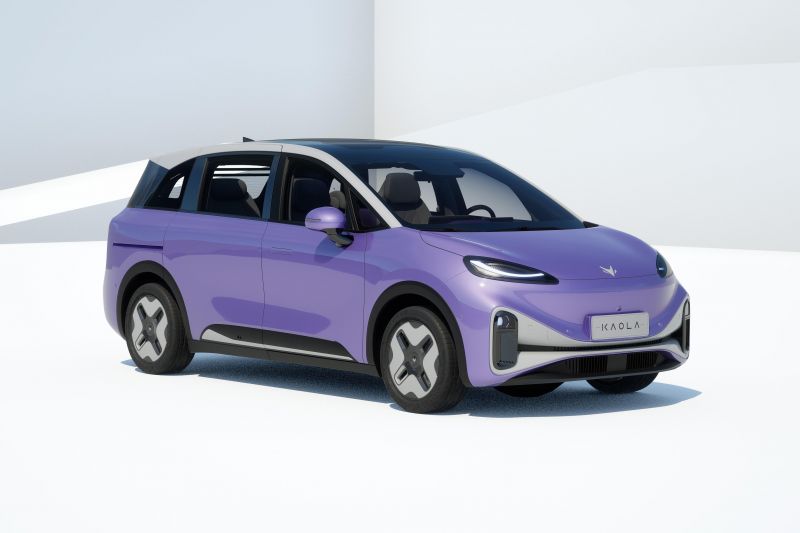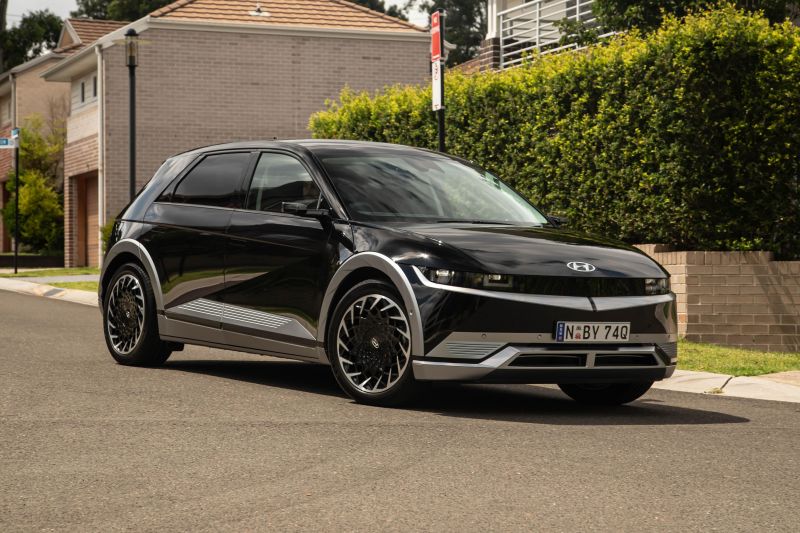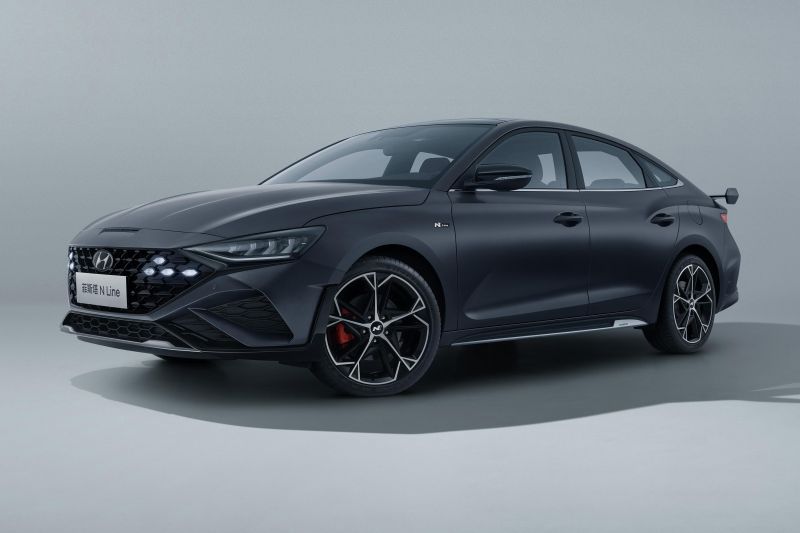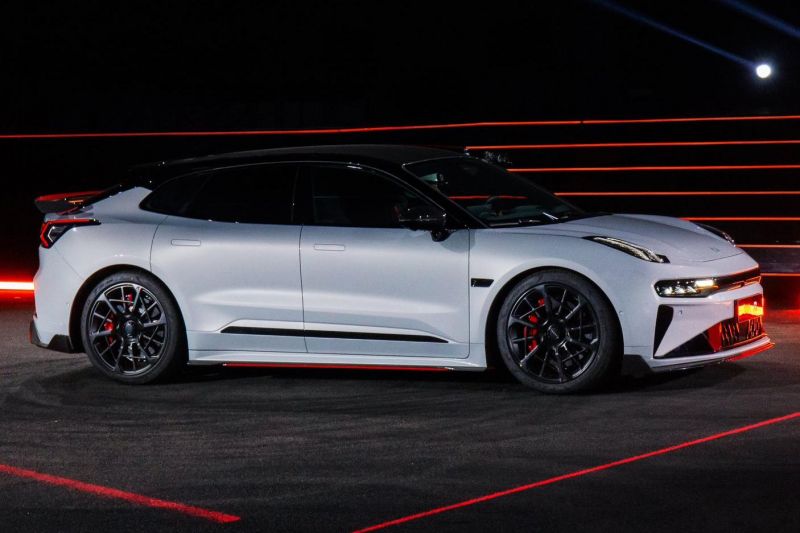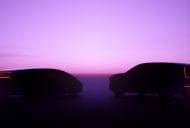Its sales may be falling there, but Hyundai has decided to double down on China rather than pulling out.
The Korea Economic Daily reports the Korean brand is developing a new electric vehicle (EV) brand for the Chinese market, instead of withdrawing as rival Mitsubishi has done.
In order to remain competitive in what is both the world’s largest EV market and the largest car market overall, Hyundai is reportedly leveraging its 50/50 joint-venture (JV) with BAIC known as Beijing Hyundai Motor Co.
This isn’t the first time Hyundai has looked at joint manufacturing EVs in China however. The two companies previously attempted to produce EVs for Arcfox – a BAIC sub-brand – at a Beijing Hyundai Motor Co. factory.
Ultimately this plan fell through, with Hyundai and BAIC reportedly disagreeing on financial details.
Under Hyundai’s new approach, the Korean giant and BAIC are reportedly working on an EV-only brand reportedly codenamed OR RE, with new vehicles unrelated to the company’s existing Ioniq models and with unique designs tailored to Chinese tastes.
The Korea Economic Daily reports the new brand forms part of Hyundai’s goal announced in June last year to roll out five new EVs in China in three years.
Hyundai will reportedly fit these new EVs with lithium iron phosphate (LFP) batteries, in order to remain competitive on price to other domestic EV offerings.
It’s unclear if these batteries will be developed in-house.
LFP batteries have become increasingly popular, with companies like CATL and BYD supplying them to numerous carmakers.
Compared to lithium-ion batteries, which remain more popular with brands outside of China, LFP batteries are generally regarded as being safer, lighter, and boasting a longer lifespan and faster discharge and charge efficiency. They do fall short of lithium-ion batteries in terms of energy density, however.
Hyundai reportedly planned to introduce its all-electric Ioniq models to the Chinese market, but decided to scrap the plan given fierce local competition.
After reaching a peak of 1.6 million sales in China in 2017, Hyundai has been in decline despite offering vehicles unique to that market.
Sales reportedly plummeted to just 250,000 units in 2023 after the Chinese government introduced retaliatory measures against Korean brands after the country deployed a US-made missile defence system.
Hyundai then sold a factory in Chongqing for 1.62 billion yuan (A$350 million) late last year, which was reportedly less than half the amount originally sought.
The Korea Economic Daily reports Hyundai Motor Group chairman Chung Euisun is eager to turn things around in China, telling employees after riding in a Zeekr EV to learn from the successes of their Chinese peers.
Back home, more Australians bought Chinese-built cars than Korean-built cars for the first year ever in 2023.
Chinese brands have been buoyed by the launch of new, more affordable EVs that undercut even Korean EVs on price.
China became Australia’s third largest source of new vehicles in 2023 with 193,433 sales and a 15.9 per cent share of the market, behind only Japan (345,071 sales, 28.4 per cent share) and Thailand (264,253 sales, 21.7 per cent share).
This was an increase of 57.5 per cent over 2022, which helped propel China past Korea’s 161,614 sales. Korean car sales increased by 1.5 per cent over 2022’s tally but accounted for only 13.2 per cent of the market.

